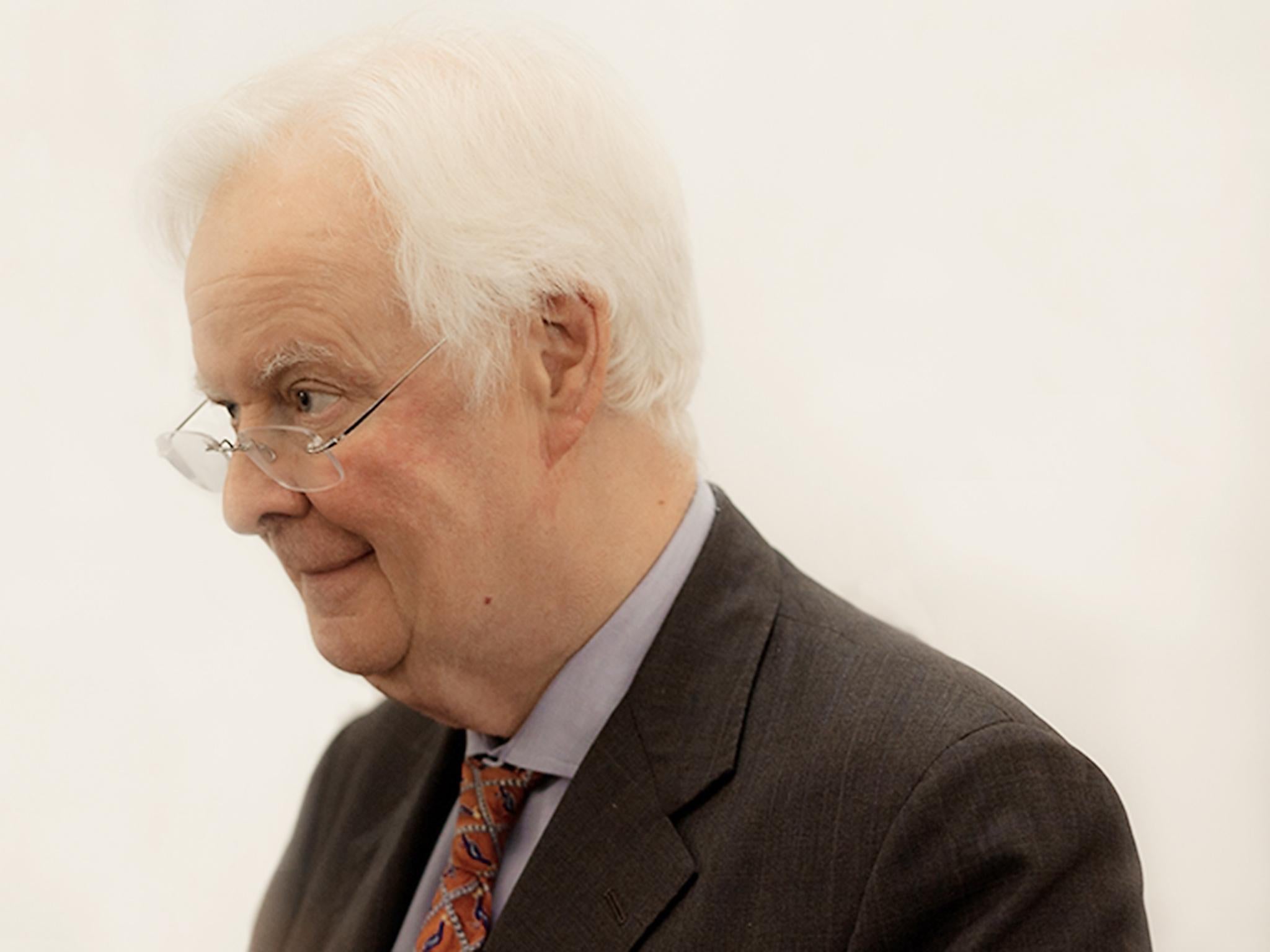Obituary: Lord Williams of Baglan, academic and human rights campaigner who opposed Blair on Iraq
After serving as the United Nations Director for the Middle East and Asia, he went on to advise three Labour Party Foreign Secretaries

Your support helps us to tell the story
From reproductive rights to climate change to Big Tech, The Independent is on the ground when the story is developing. Whether it's investigating the financials of Elon Musk's pro-Trump PAC or producing our latest documentary, 'The A Word', which shines a light on the American women fighting for reproductive rights, we know how important it is to parse out the facts from the messaging.
At such a critical moment in US history, we need reporters on the ground. Your donation allows us to keep sending journalists to speak to both sides of the story.
The Independent is trusted by Americans across the entire political spectrum. And unlike many other quality news outlets, we choose not to lock Americans out of our reporting and analysis with paywalls. We believe quality journalism should be available to everyone, paid for by those who can afford it.
Your support makes all the difference.Michael Williams, Lord Williams of Baglan, who has died aged 67, contributed greatly to the fields of human rights advocacy, academia, media, international diplomacy and the political scene in the United Kingdom.
He served as an adviser to three foreign secretaries, Robin Cook, Jack Straw and David Miliband. Although initially in favour of the war in Iraq, he had become increasingly concerned over the following years with the lack of forward planning that had been undertaken by the Blair regime in creating stable society in Iraq after the war.
Michael Williams was born in Bridgend, south-west Wales, in 1949, the son of a steelworker in the Port Talbot area. His background had a great influence on his worldview for the whole of his life, and the threat to jobs in his birthplace of birth was an issue of huge concern to him right up until his death.
A bright student, he read International Relations at University College London, following it up a Masters in Politics from the School of Oriental and Asian Studies. His PhD, also at Soas, was a study of the relationship between Communism and Islam in the 19th and early 20th century in West Java, and Indonesia became a country for which he retained a lifelong affection.
In the following years he spent time at Amnesty International heading the Asia Research Department, helping cement its new-found status as the world’s leading human rights organisation. But it was his subsequent work which defined the lasting impact he had, working in volatile regions to promote peace and hold the perpetrators of human rights abuses to account.
In Cambodia he was part of the UN mission which secured democratic elections following decades of war, while in Yugoslavia, in his role as Director of Information for the United Nations Mission, he testified against Slobodan Milosevic at the International Criminal Tribunal in The Hague.
In later roles, as Director for the Middle East and Asia at the United Nations, and three years in Beirut as Special Coordinator for the UN in Lebanon, he played a crucial role in helping to try to stabilise the region and to develop relationships following decades of suffering.
In later years he became a member of the House of Lords and was the International Trustee on the board of the BBC, and was created a peer in 2010. He is survived by his wife Isobelle and their two children.
In December 2016 he was critical of the US's inaction over Syria, saying that the crisis in Aleppo was “a terrible indictment” of Barack Obama. “He has done nothing,” he said, “when grave crimes of humanity have occurred again.” Three years earlier Williams had warned that for there to be any kind of peace in Syria it was necessary to negotiate with those with whom we might violently disagree.
“As the situation in and around Syria deteriorates on an almost daily basis, the search for a diplomatic solution becomes ever more urgent,” he wrote. “Attempting that without Iran would inevitably be dangerous... Negotiating with friends and allies is never the challenge. The real diplomatic challenge has always been negotiating with those with whom we are diametrically opposed.”
Michael Williams, Lord Williams of Baglan, diplomat, born 11 June 1949; died 23 April 2017
Join our commenting forum
Join thought-provoking conversations, follow other Independent readers and see their replies
Comments